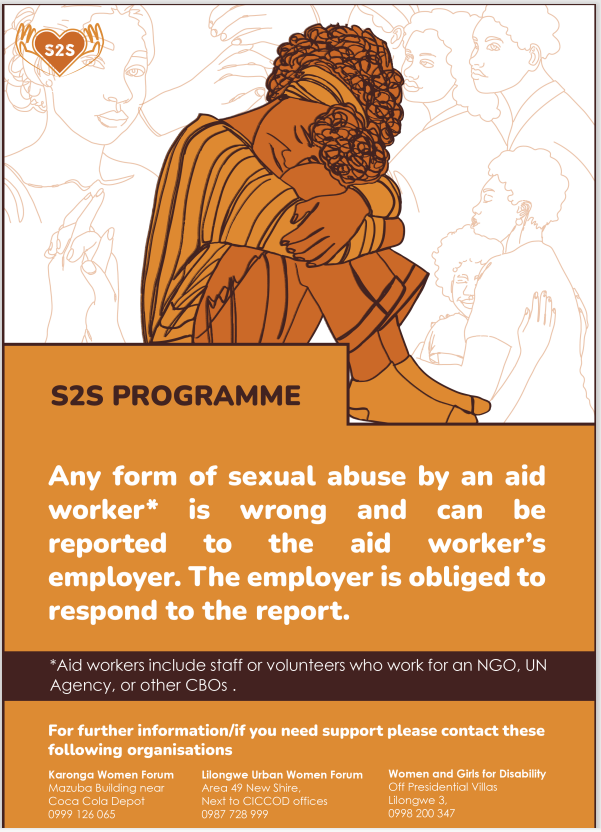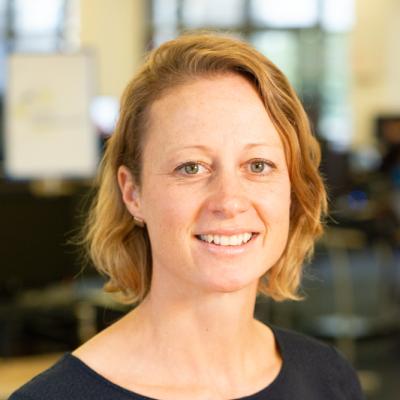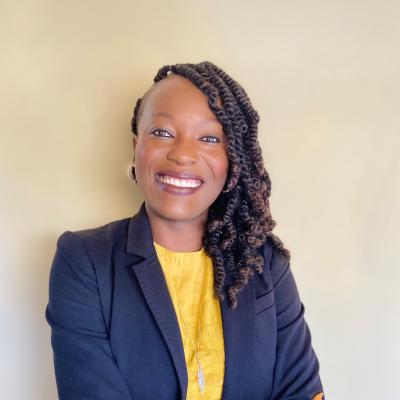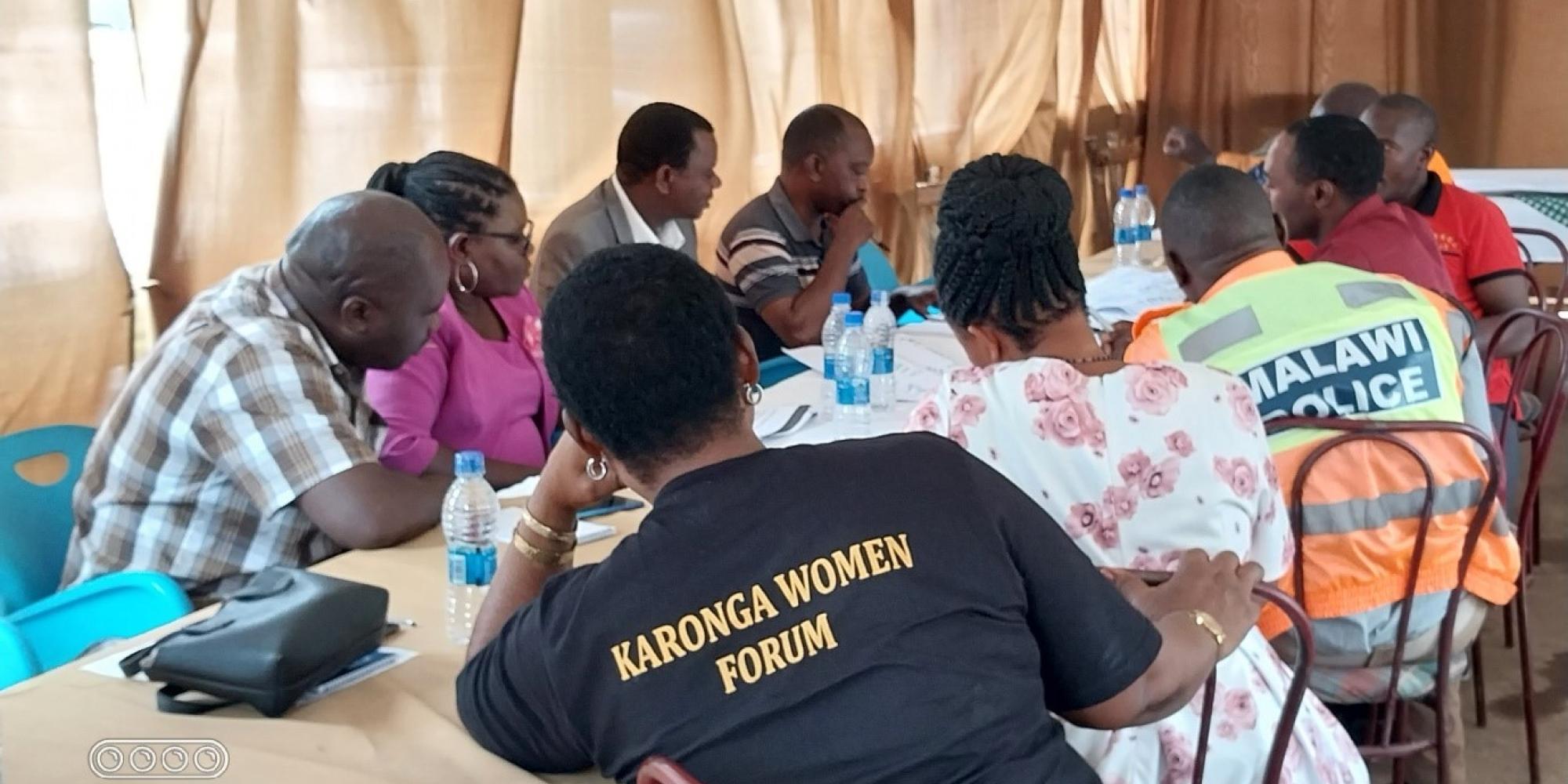
What is Supporting Survivors of SEAH (S2S)?
The programme delivered a Survivor Support Fund (SSF) through community-based, trusted and known WROs, whose network members have been skilled-up in providing survivor-centred support, are knowledgeable of the referral pathways and SEAH reporting mechanisms, and have access to funds to pay for various costs needed by survivors to plan and manage their cases.
The programme also invested in the organisational development of LUWF, KWF and WAG, and has sought to strengthen the equitable partnership between the WROs and SDDirect. Through this support, the WROs have developed Safeguarding policies, financial policies and procedures, Staff and Volunteer handbooks and more.
Our Work in this Area
The programme aims to address the social and financial barriers to help-seeking and reporting for survivors of violence, including SEAH.
Over 20 months, the programme supported 1,073 survivors of gender-based violence, and SEAH, to reach out for help and has demonstrated that community-based WROs are an effective entry point into referral pathways and reporting mechanisms which may otherwise be confusing and inaccessible for many women and girls. Where the programme has supported survivors of SEAH, the S2S team and WROs have worked collaboratively with the aid actors concerned and in compliance with the organisations’ own policies and global best practice.
The programme has developed Standard Operating Procedures, a Communications Strategy and Financial Guidelines to strengthen technical capacity of WROs to support survivors of violence. The programme also developed a digital database through which adherence to the programme’s processes was monitored and supported.
As the aid and development sector continues to learn about preventing and responding to SEAH, the S2S programme has evidenced the integral role community-based Women’s Rights Organisations (WROs) can and should play in providing an independent mechanism for reporting for survivors of all forms of violence, and the importance of equitable partnerships with technically specialist organisations who can level the power imbalances between survivors and institutions.
Though the Survivor Support Fund was initially developed to respond to survivors of GBV more broadly, the S2S programme has evolved in focus and now sits in the nexus between the GBV and Safeguarding portfolios within SDDirect. We are learning of the value of drawing from both disciplines when supporting survivors of SEAH. Whilst our GBV specialism informs our delivery of survivor-centredness, our Safeguarding expertise enables us to provide guidance throughout the case-handling process. Combining these two specialties is contributing toward enabling accountability for vulnerable people who have been abused, exploited or harassed by those who derive their power from aid and development.
Collaboration and Impact
The programme works closely with the Ministry of Gender, Community Development and Social Welfare (MoG), particularly the Gender Affairs department. The MoG and S2S team co-hosted a learning event, and have worked collaboratively on to engage the wider aid and development sector in Malawi.
The programme also provides technical assistance to the PSEAH network in Malawi, which coordinates all aid and development partners in relation to Protection against SEAH.
THEORY OF CHANGE FOR THE SUPPORTING SURVIVORS OF SEAH (S2S) PROGRAMME
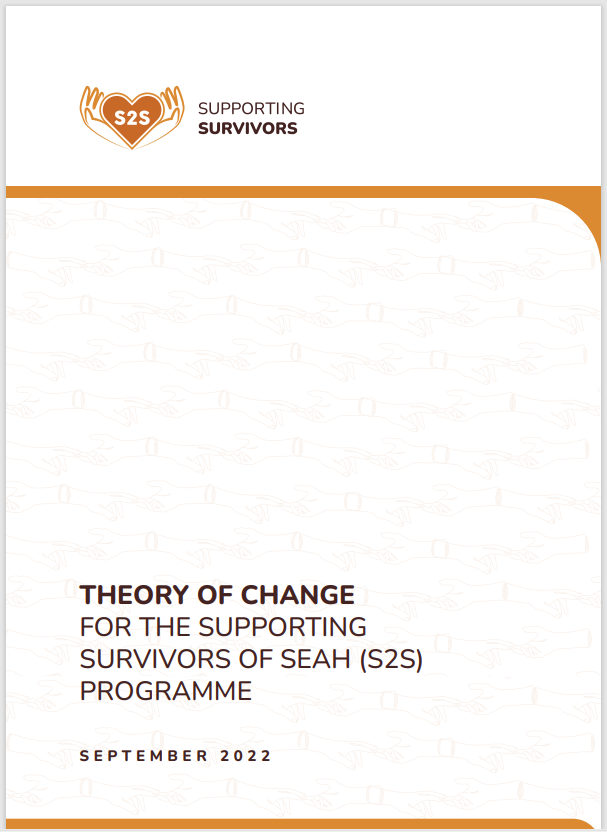
Collaborating with the ODA community to support survivors of SEAH
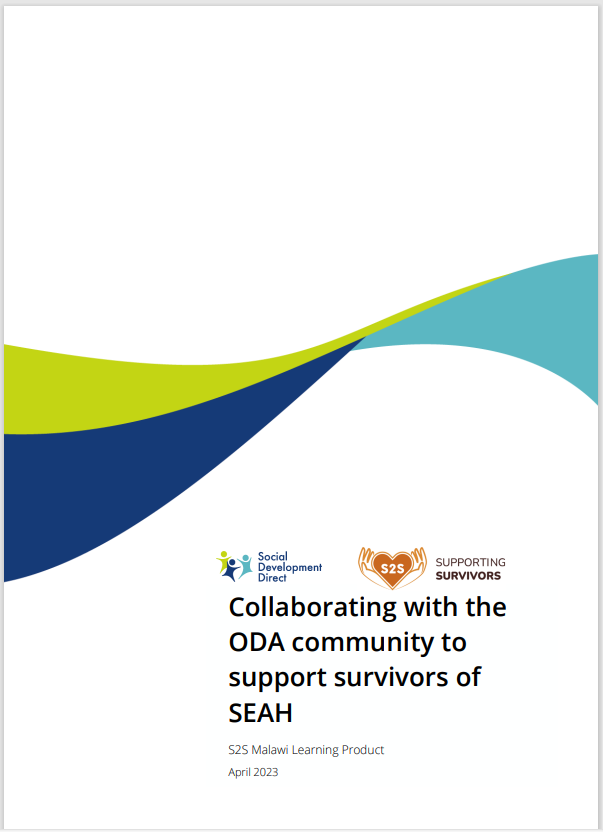
S2S Key message 1
